Bolivian Opposition Stages General Strike Over Poll Results
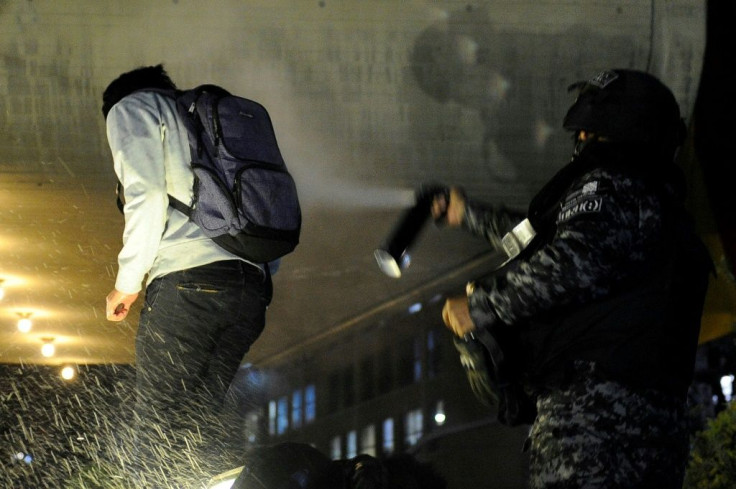
A general strike began on Wednesday in Bolivia to protest election results signaling long-time President Evo Morales will likely secure another term.
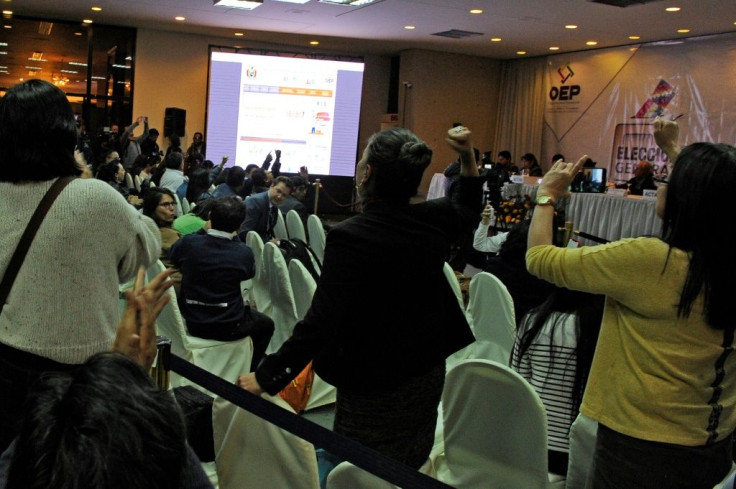
With more than 95 percent of the vote counted, Morales had 46.4 percent compared to 37 percent for his main rival, centrist Carlos Mesa, just shy of the 10 point lead necessary to avoid a runoff.
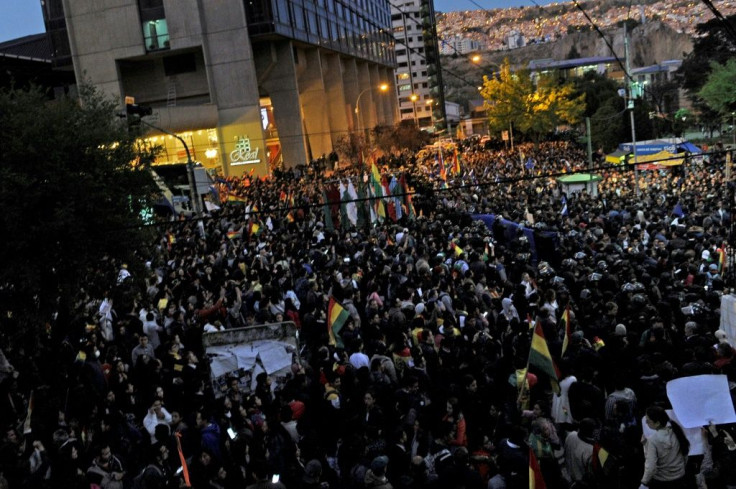
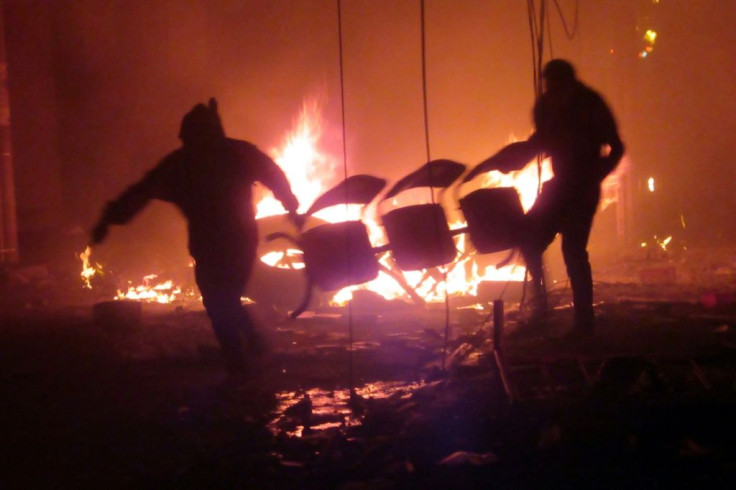
Opposition supporters reacted with fury on Monday to delayed results that showed Morales, Latin America's longest-serving president, edging towards the 10 percentage-point margin.
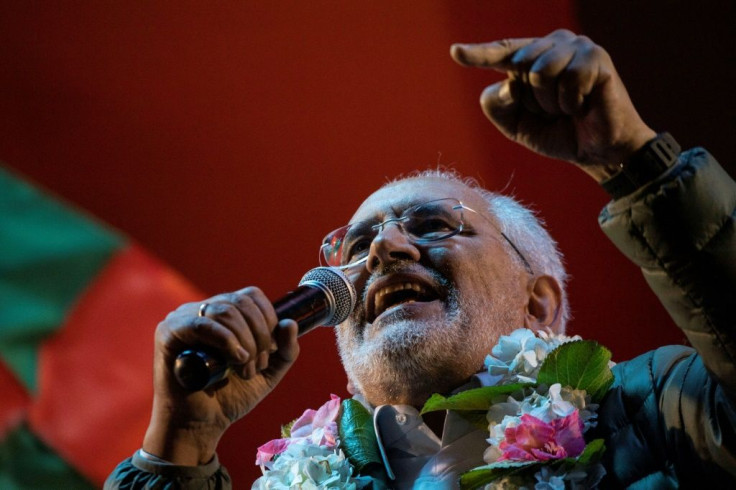
That flew in the face of preliminary results released earlier that showed Mesa coming in a close second in Sunday's polls and forcing a run-off.
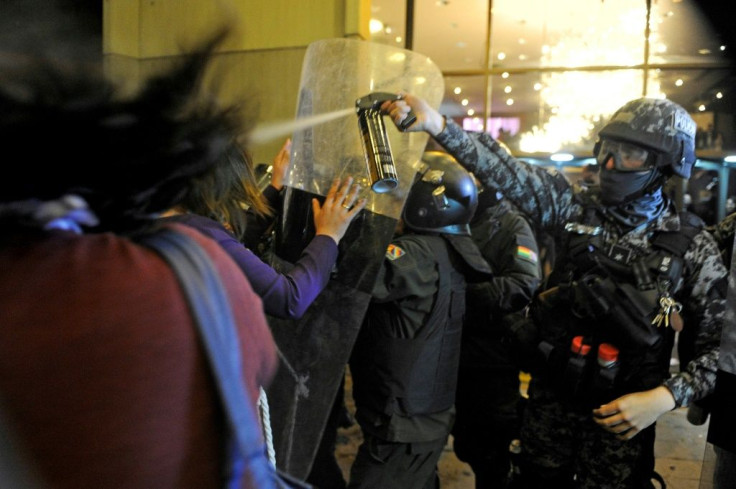
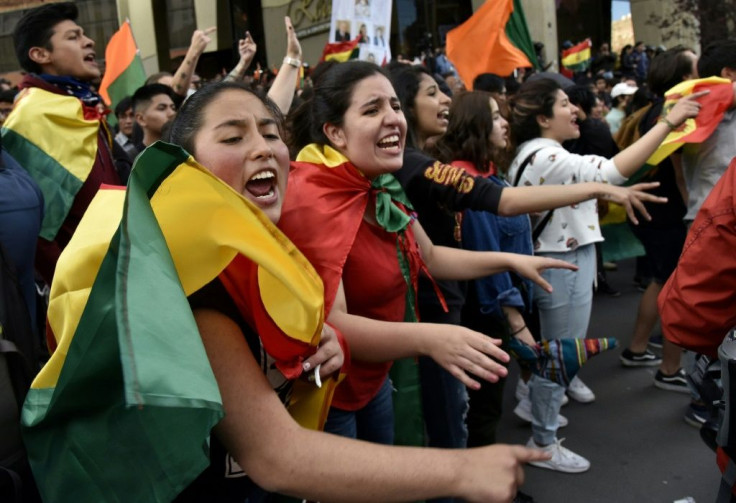
Monitors from the Organization of American States said the delayed results showed a "drastic and hard-to-explain change in the trend of the preliminary results" that "clearly indicated a second round."
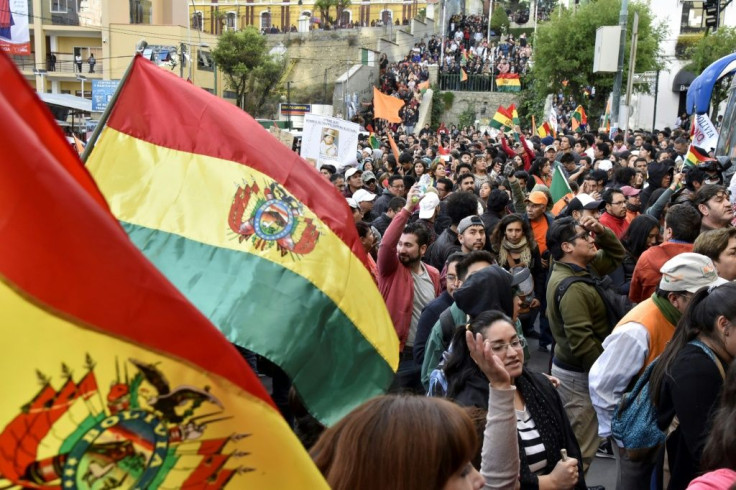
Mesa, a 66-year-old former president, said he would reject the result.
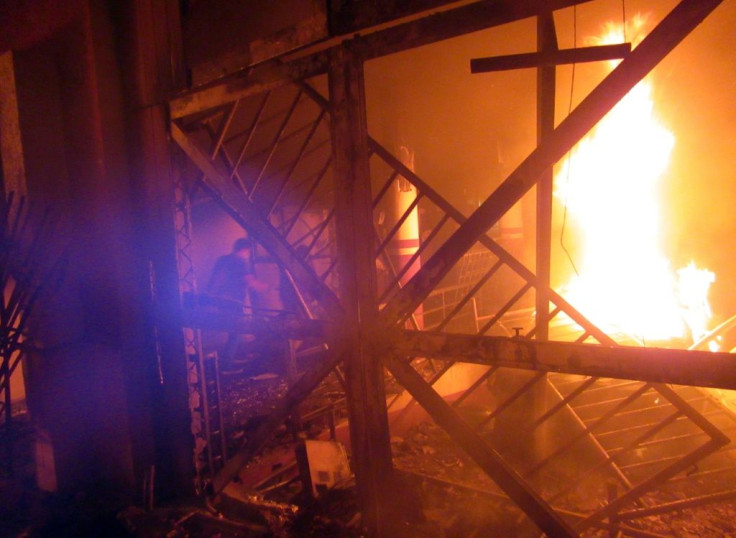
Vote count ongoing
The slow official vote count continued overnight from Tuesday to Wednesday.
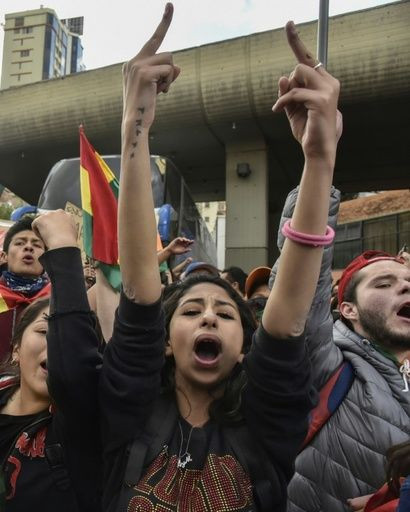
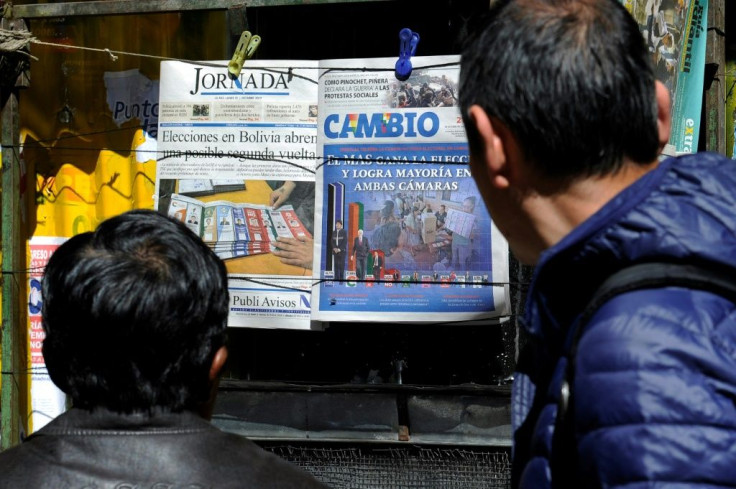
The government on Tuesday asked the OAS to conduct an audit of the vote counting process as soon as possible.
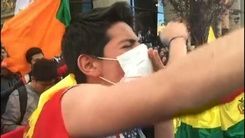
An audit could help determine whether votes were counted accurately and whether proper procedures were followed.
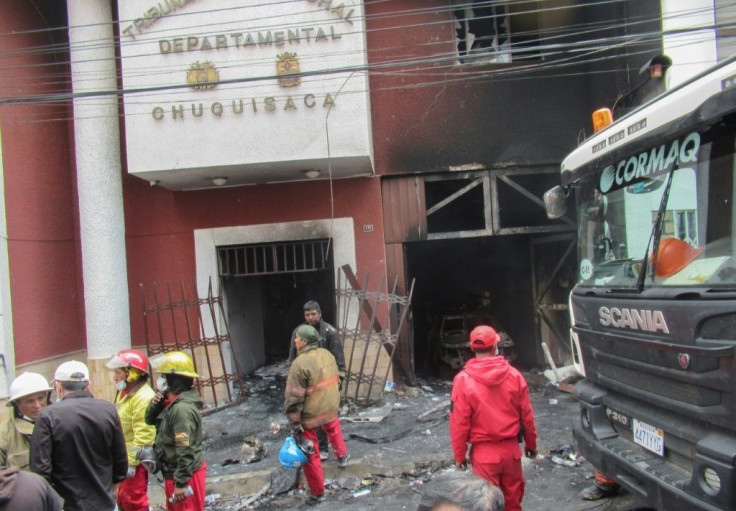
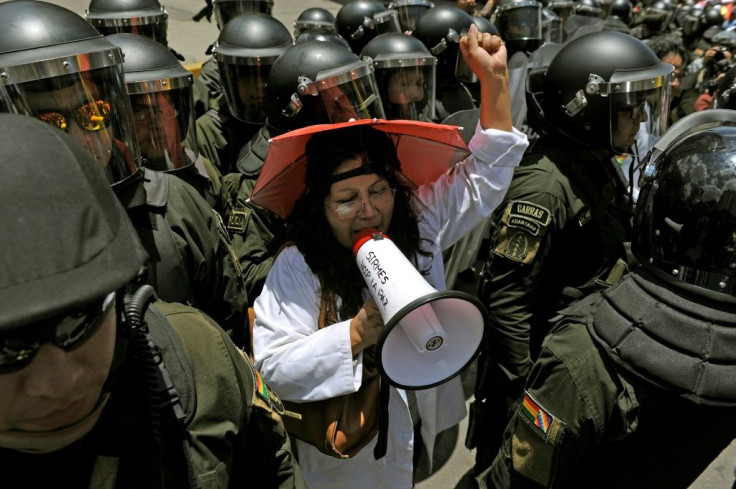
Internal divisions within the Supreme Electoral Tribunal became apparent late Tuesday when the body's vice-president announced his resignation.
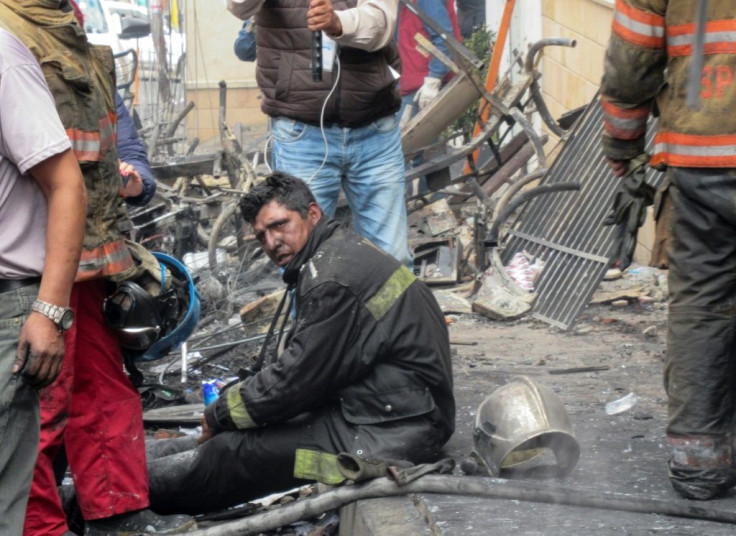
In a letter, Antonio Costa -- a veteran of the electoral court -- condemned what he called the body's mismanagement of the election count and its "foolish" decision to temporarily suspend the count on Sunday night.
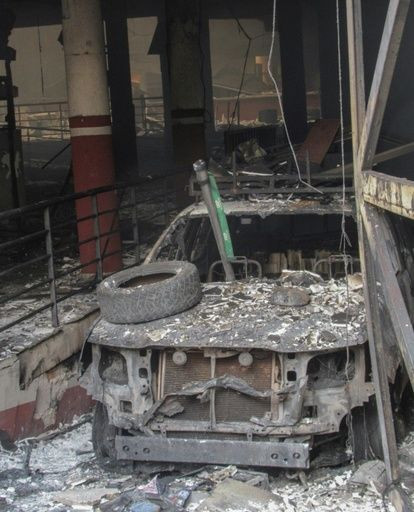
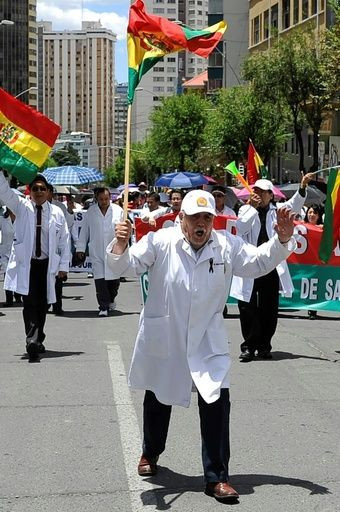
Representatives of civil society organizations from Bolivia's six regions backed a call to extend a strike originally set for Tuesday in the country's largest city Santa Cruz.
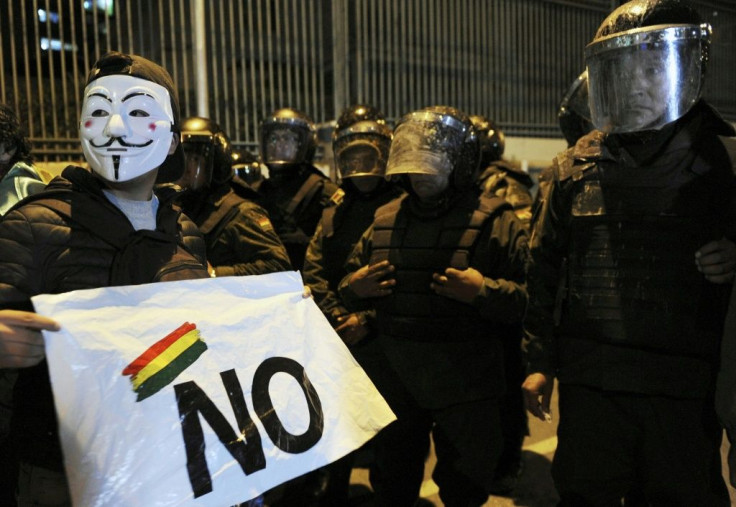
The general strike came into effect at midnight Tuesday (0300 GMT) and will "continue until democracy and the will of the citizens are respected," the organizations said.
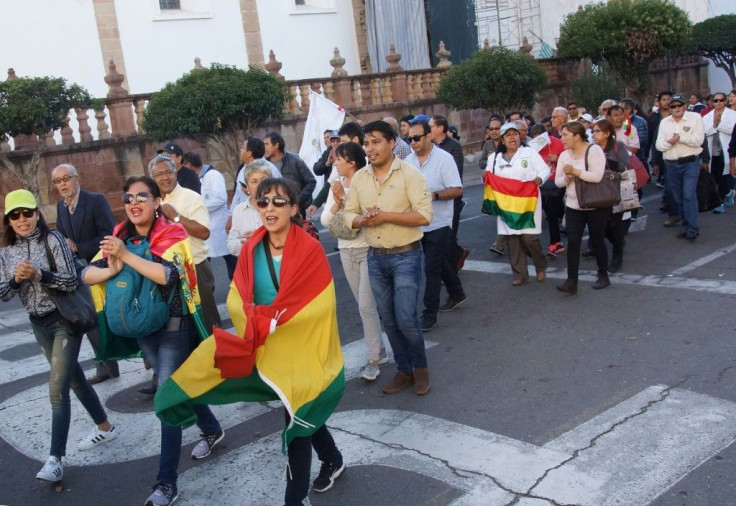
Pro-Morales protests
Meanwhile, an umbrella organization of pro-Morales labor and farmers' unions, CONALCAM, called on its members to defend the official results.
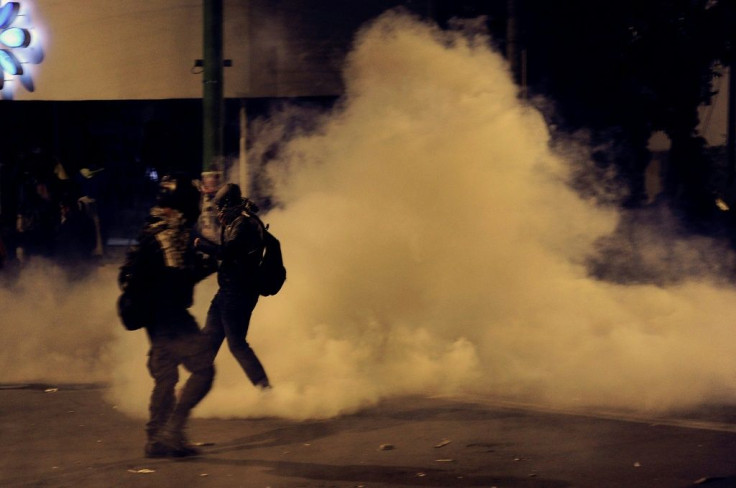
"We will go out on the streets and on the roads to firmly defend democracy and the votes of Bolivians," said the leader of the main union, Juan Carlos Guarachi, after a meeting with Morales.
Monday's sudden change in the election count sparked rioting in several cities.
Mobs torched electoral offices in Sucre and Potosi, while rival supporters clashed in the capital La Paz.
Long lines formed at gas stations amid fears of shortages.
Health workers, on strike for the past month, demonstrated outside the electoral authority headquarters on Tuesday.
Mesa, who served as president from 2001 to 2005, accused Morales of colluding with the Supreme Electoral Tribunal to tweak results and avoid a run-off.
The top US diplomat in the region, Michael Kozak, called on the election authorities to "to immediately act to restore credibility in the vote counting process."
Spain, Argentina, Brazil and Colombia also voiced concern.
Longest-serving president
Morales, Latin America's longest-serving president, is controversially seeking a fourth term.
He obtained Constitutional Court permission in 2017 to run again for president after he ignored the result a 2016 referendum.
The former coca farmer and leftist union leader has led the poor but resource-rich Latin American country for the past 13 years, though his popularity has waned amid allegations of corruption and authoritarianism.
He has led the country since taking office in 2006, when he became its first indigenous president.
A new mandate would keep him in power until 2025.
As leader of his Movement for Socialism Party, Morales points to a decade of economic stability and considerable industrialization as his achievements, while insisting he has brought "dignity" to Bolivia's indigenous population, the largest in Latin America.
© Copyright AFP 2024. All rights reserved.





















